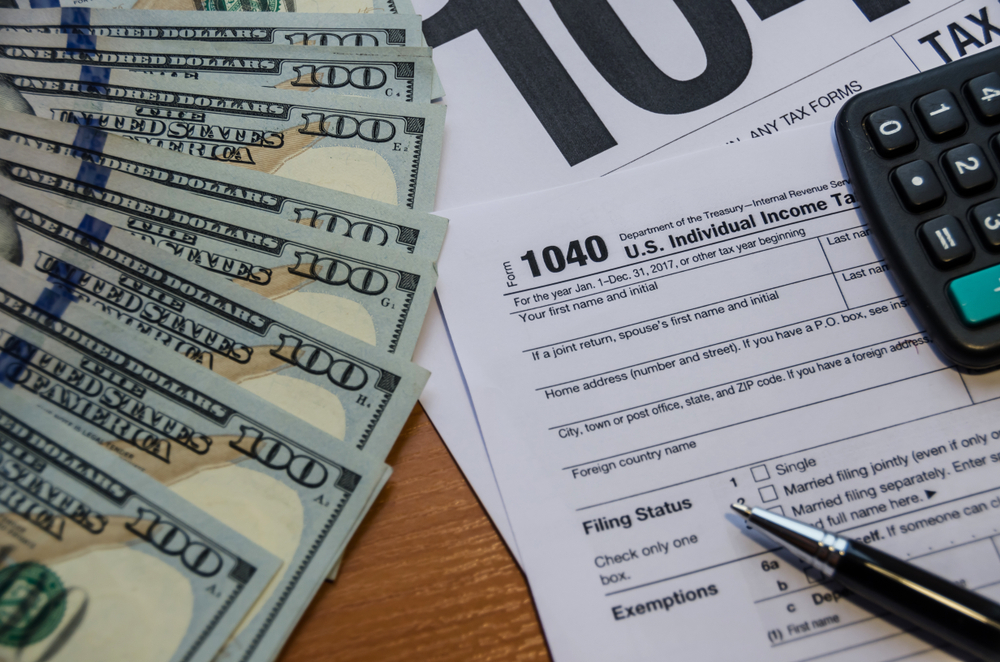If you hate dealing with the IRS, you are certainly not alone. Opening the mailbox and finding a letter from the tax agency strikes fear into just about everyone, and the fear of an audit keeps the majority of taxpayers in line. But what if you have unclaimed tax money?
There is another side to the IRS. One that is far less frightening and much more generous. Many taxpayers look forward to tax-filing season not with dread but with anticipation. Those lucky men and women know that they will soon be getting a refund.
The anticipation surrounding tax refund season is nearly palpable, so it’s surprising that so much money ultimately becomes unclaimed tax refunds. The only thing worse than owing money to the IRS is failing to claim a refund.
How Do Tax Refunds Go Unclaimed?
When those tax refund checks are never claimed or cashed, the funds are often turned over to the states where those taxpayers live. Once there, the unclaimed funds become a small part of a much larger database, a holding site for tax refund money, old bank accounts, insurance proceeds, and much more.
The amount of money up for grabs in unclaimed property is truly staggering. A recent analysis by The New York Times found that the amount of unclaimed property nationwide is around $70 billion and that some 33 million Americans have money coming their way.
The problem is that many of those Americans, including millions of honest taxpayers, do not realize that they have unclaimed property waiting in those databases. Numbers vary from year to year and state to state, but studies have shown that the amount of money hiding in unclaimed tax refunds is in the billions.
The IRS has stated that taxpayers are owed at least $1.5 billion in tax refunds they are eligible for but have not claimed. This number includes only taxpayers who have failed to file a return, but the true number of unclaimed tax refund money is likely far higher.
The $1.5 billion figure cited by the IRS involves taxpayers who have not filed a return. The tax agency states that if those taxpayers were to file a return, they would be due a refund, but that figure is not quite the same as the unclaimed property numbers.
Unclaimed property figures are similarly massive, and each state maintains its own database of uncashed tax refund checks and other monetary holdings. If you think you might have money coming your way, you can start by searching through your own tax records.
How To Search For Unclaimed Tax Money
Reconciling the returns you filed with the refunds you received can be an excellent first step. If you still have your banking and financial records, you may be able to uncover a discrepancy. You can also search for unclaimed tax refunds by contacting the IRS
Even if those efforts come up dry, you will want to go a step further by checking the database of unclaimed property your state maintains. Every state has a division that handles unclaimed property, along with a searchable database of forgotten bank accounts, old insurance proceeds, unknown inheritances, and, yes, uncashed tax refund checks.
If you do find that you have money coming your way, you can stake your claim pretty easily. In most cases, you will simply need to fill out an online form and prove the money in question is yours. After that, you can sit back, relax, and plan for your newly found tax refund check.




Comments